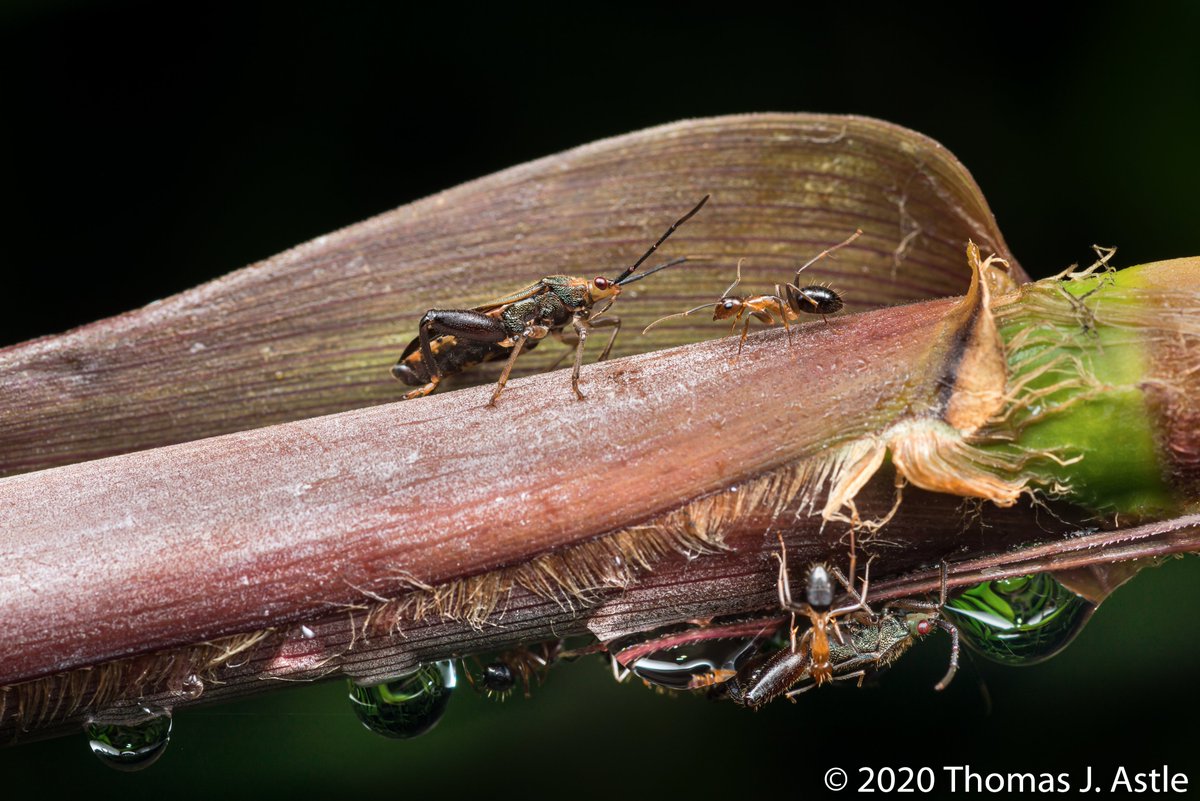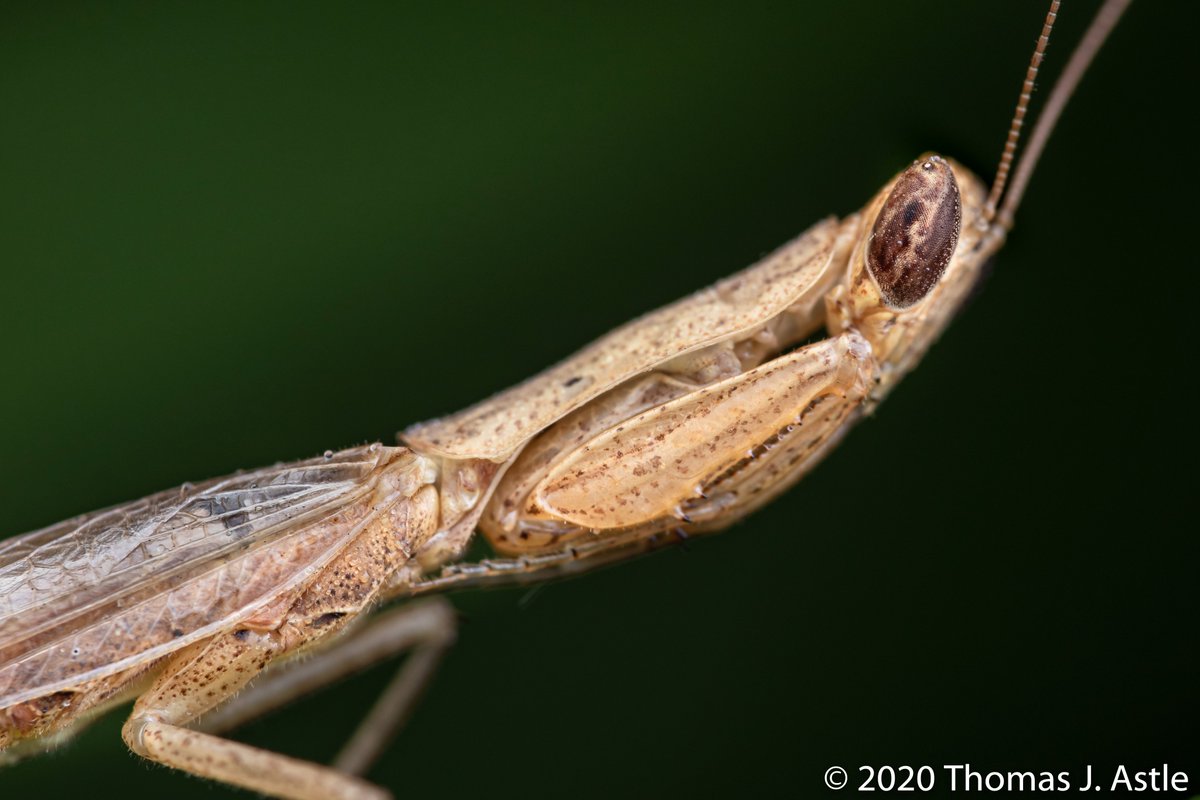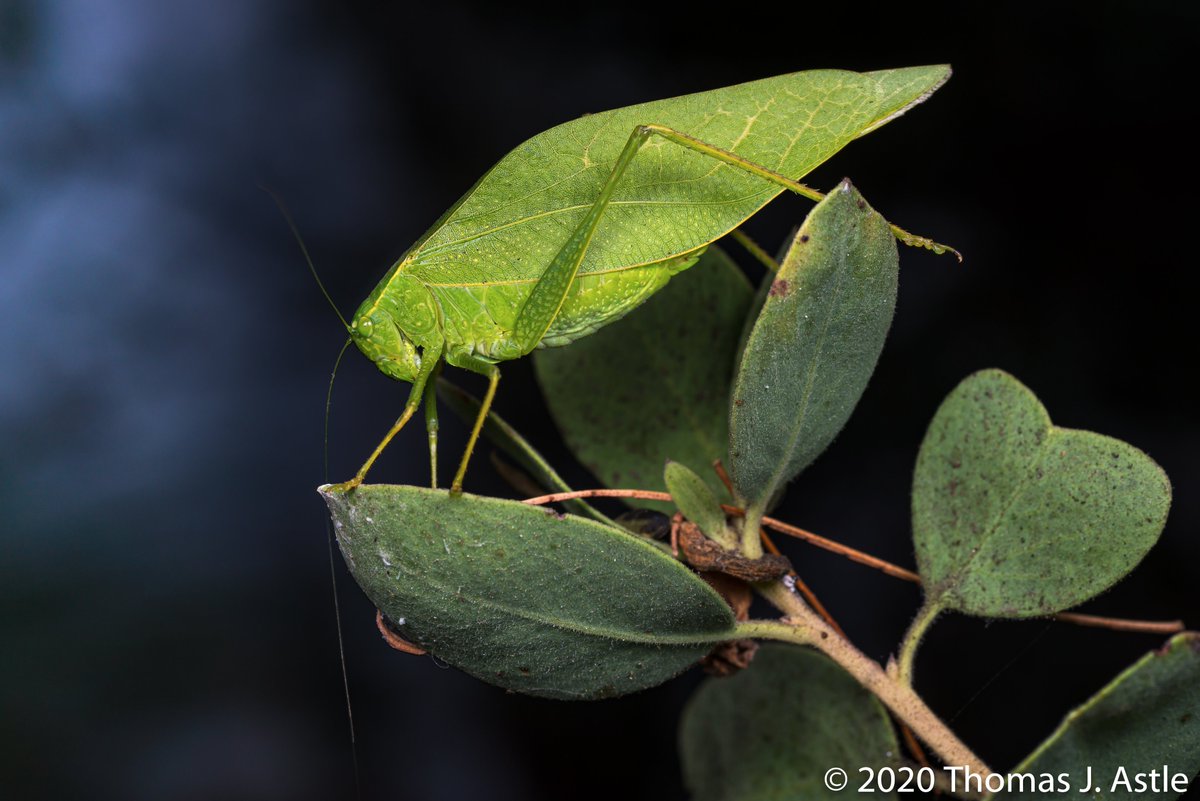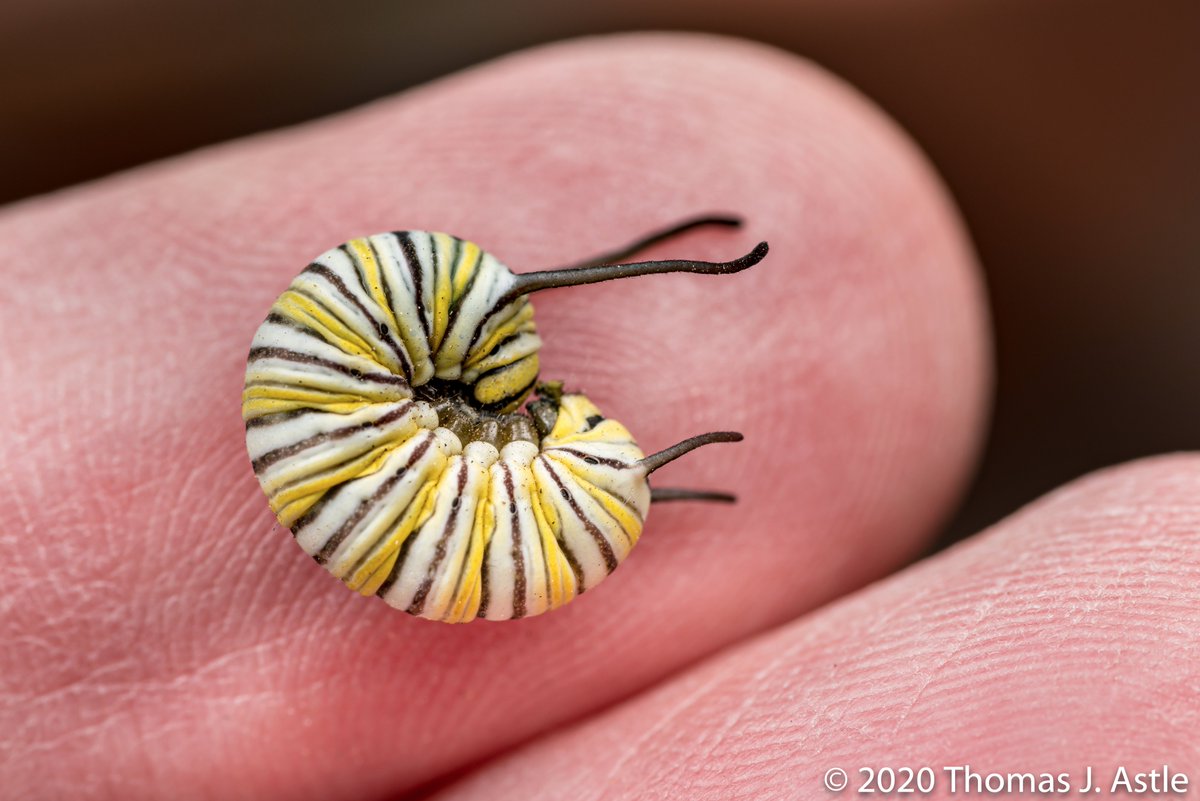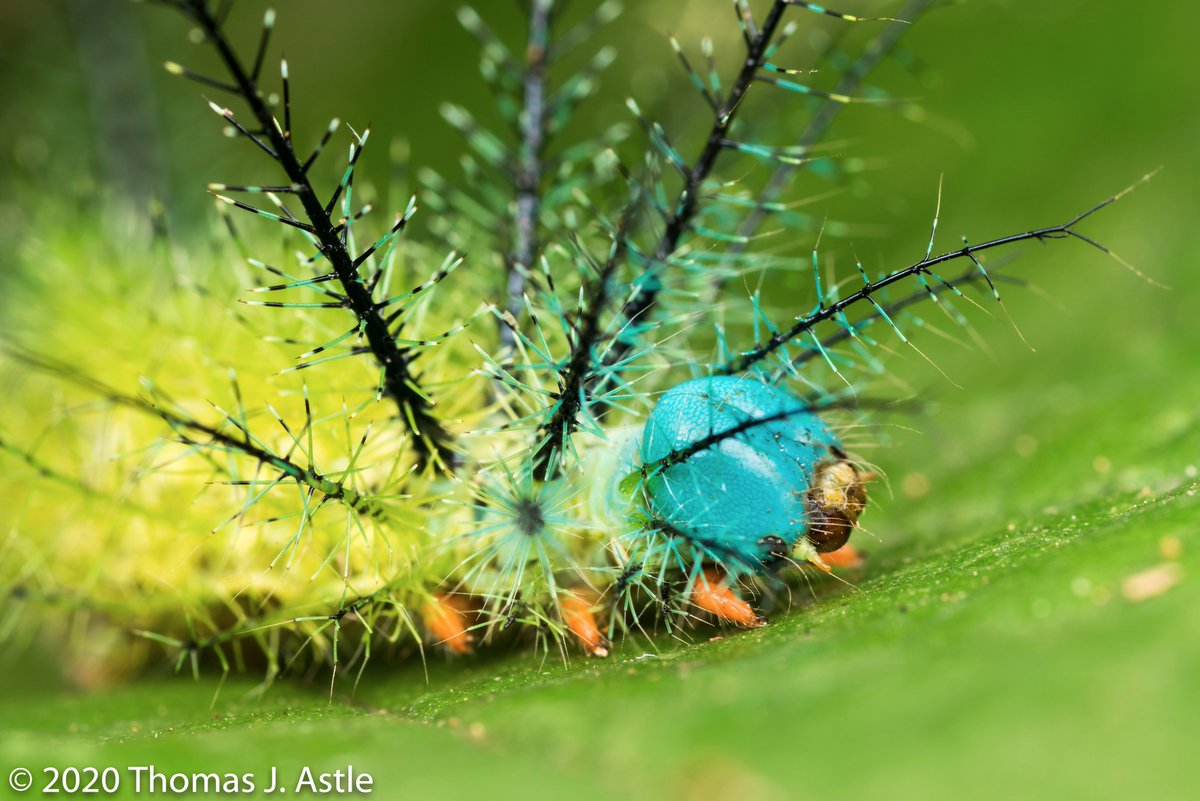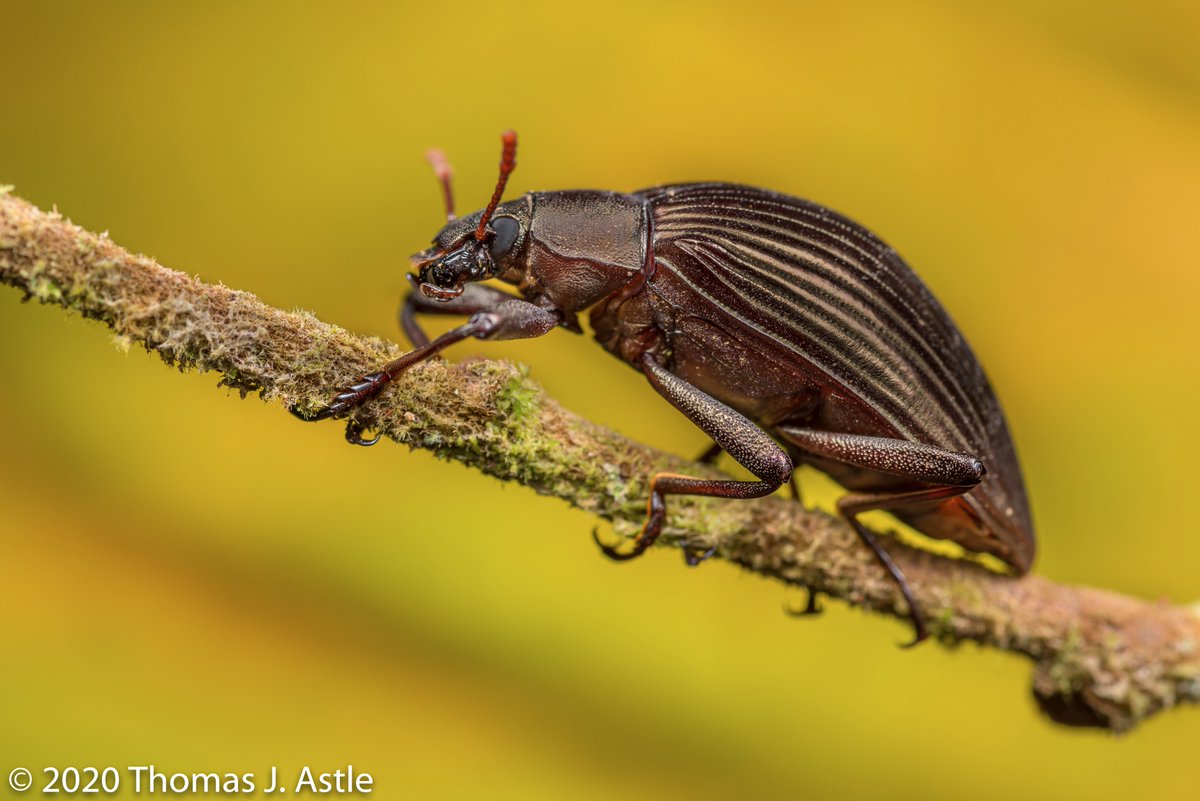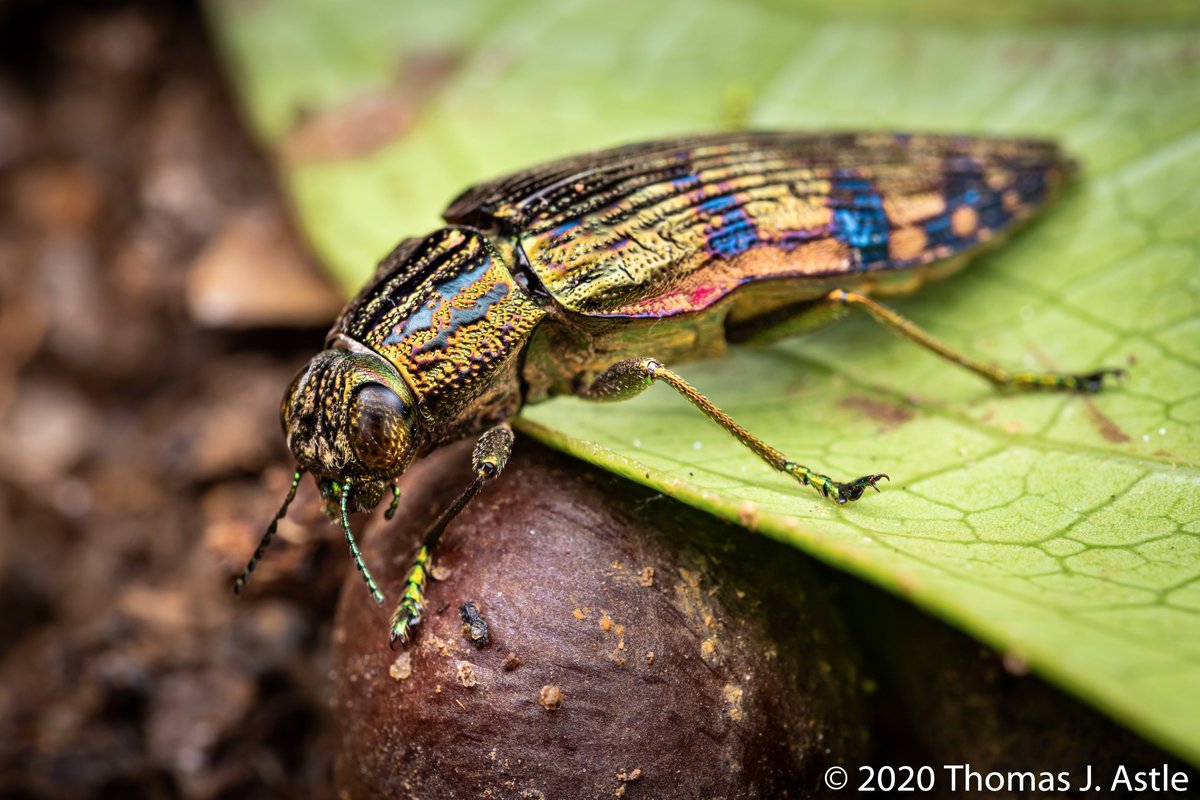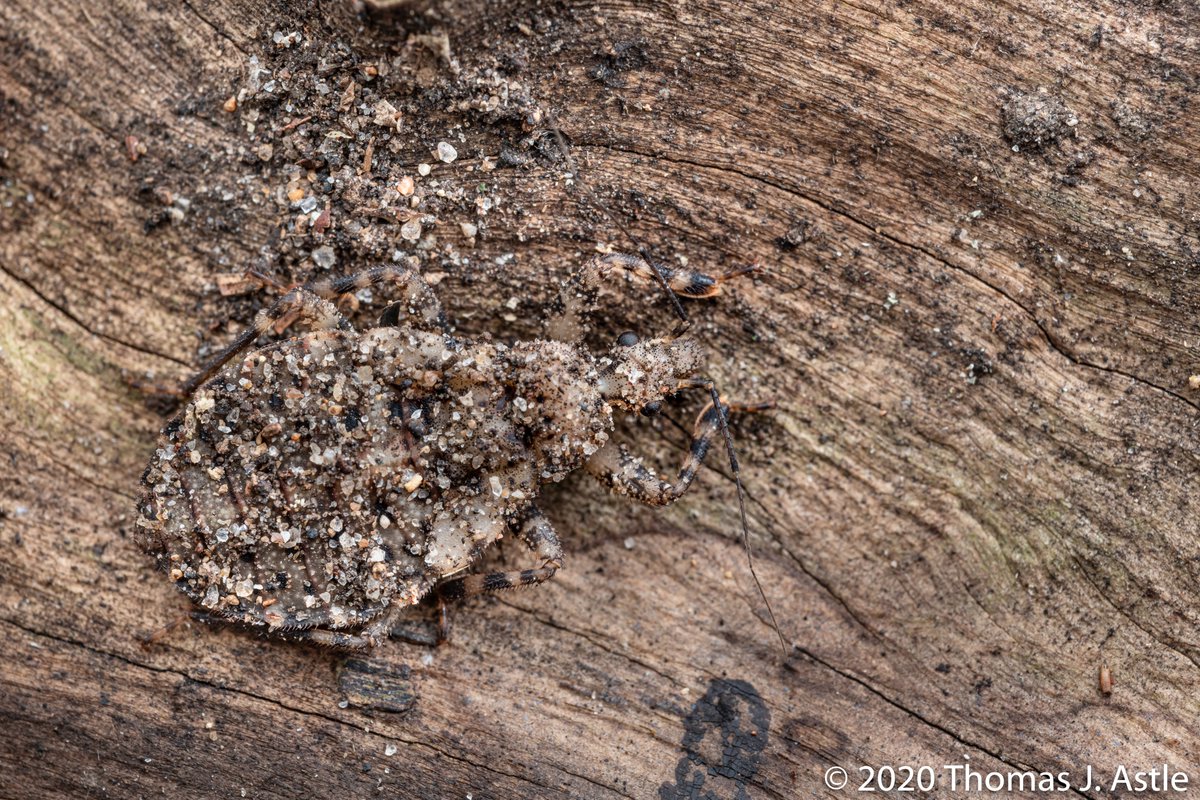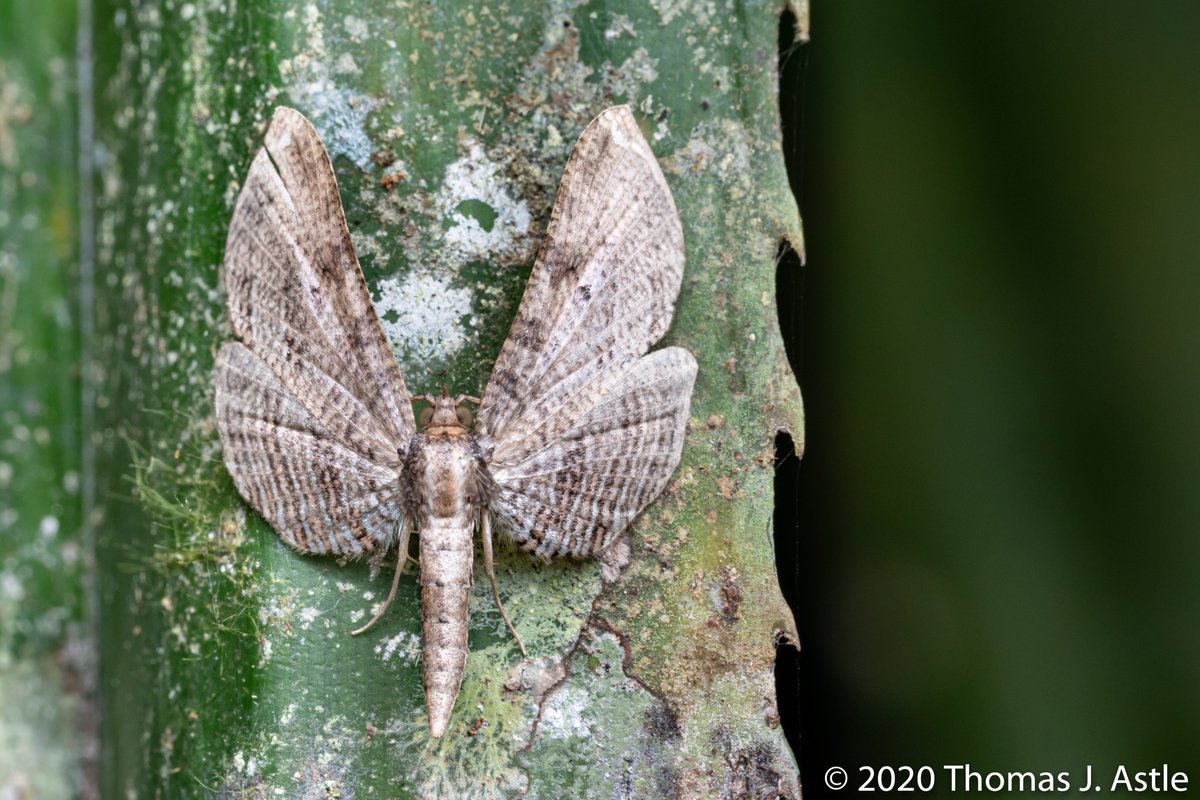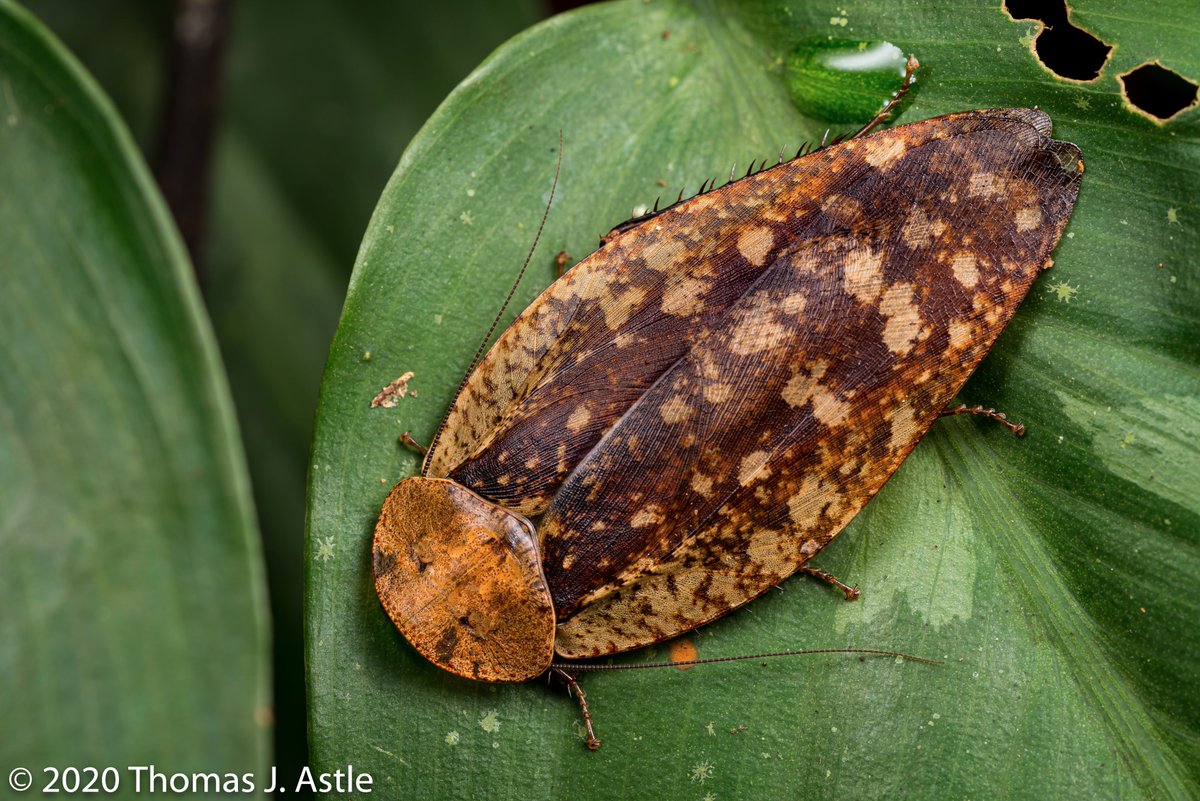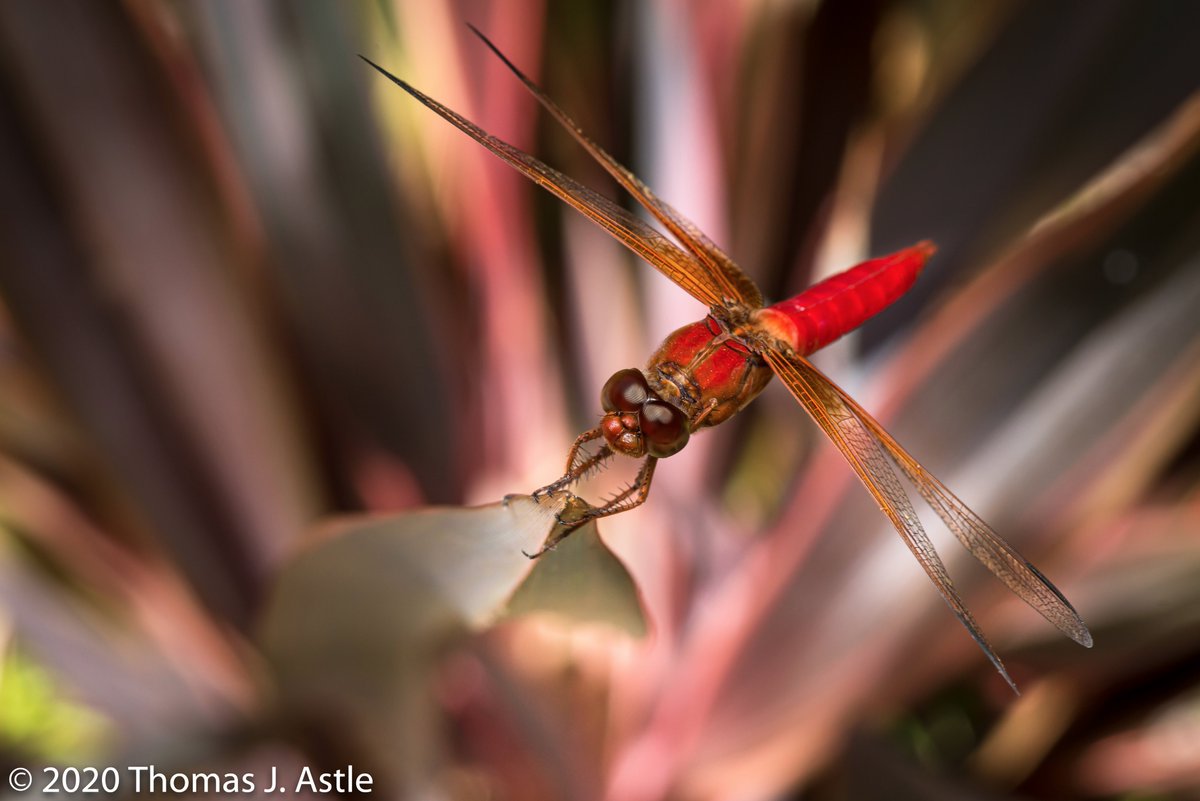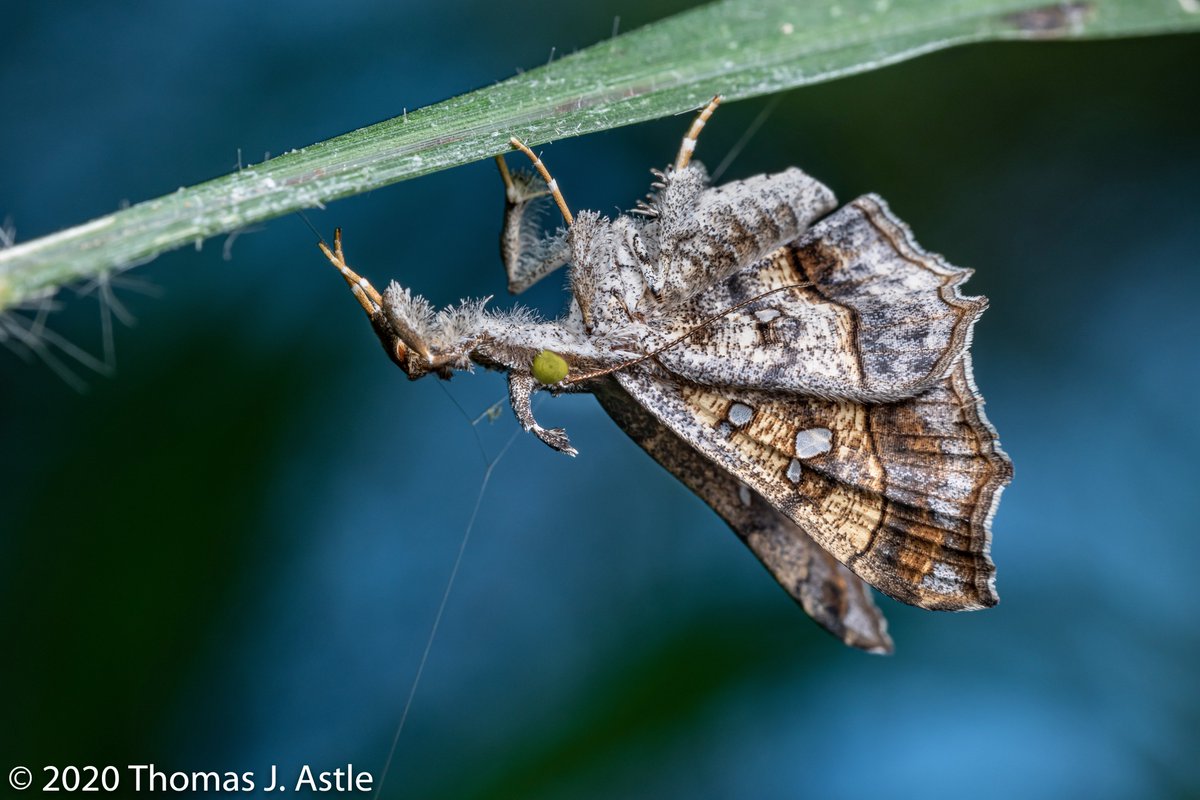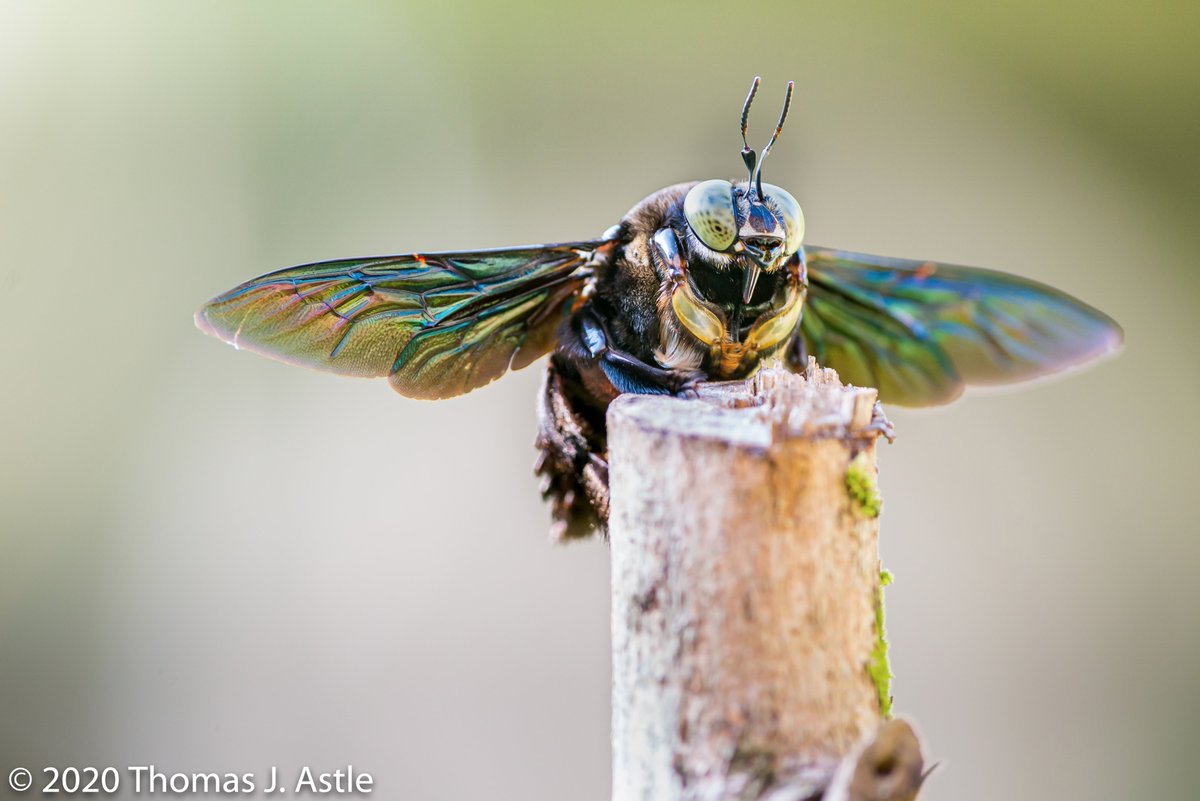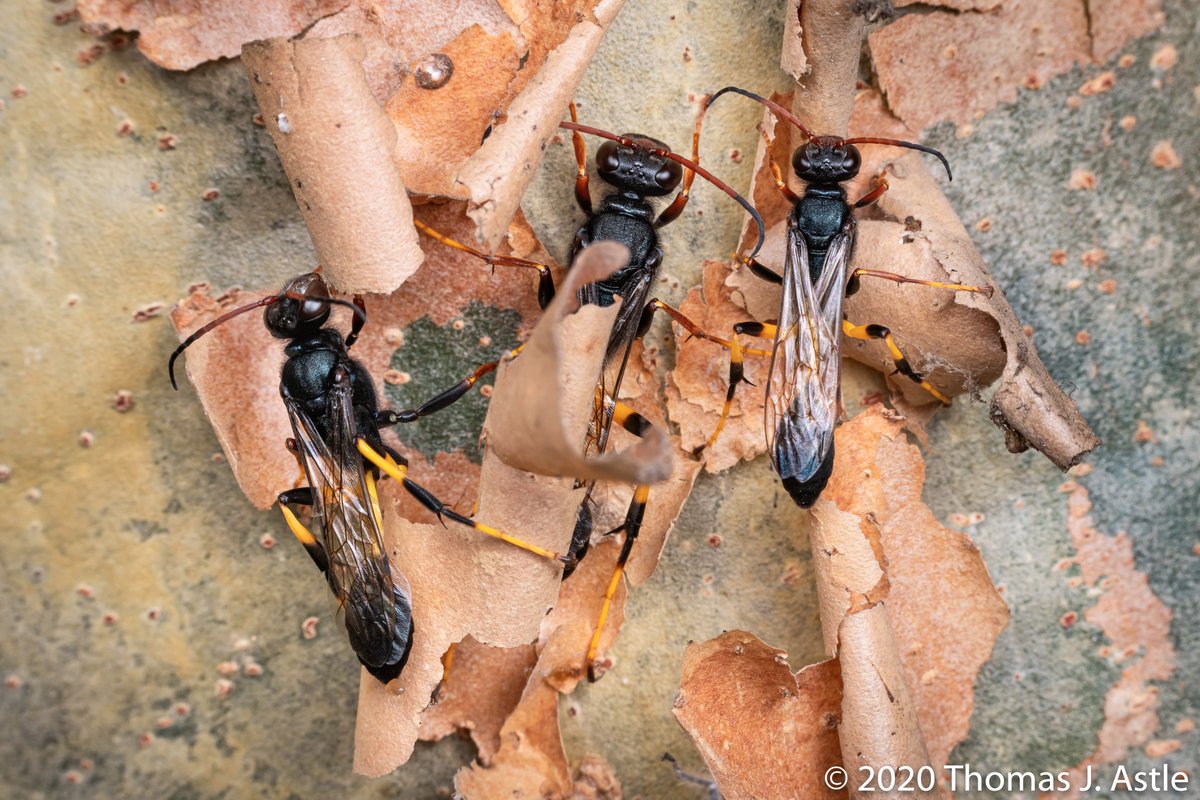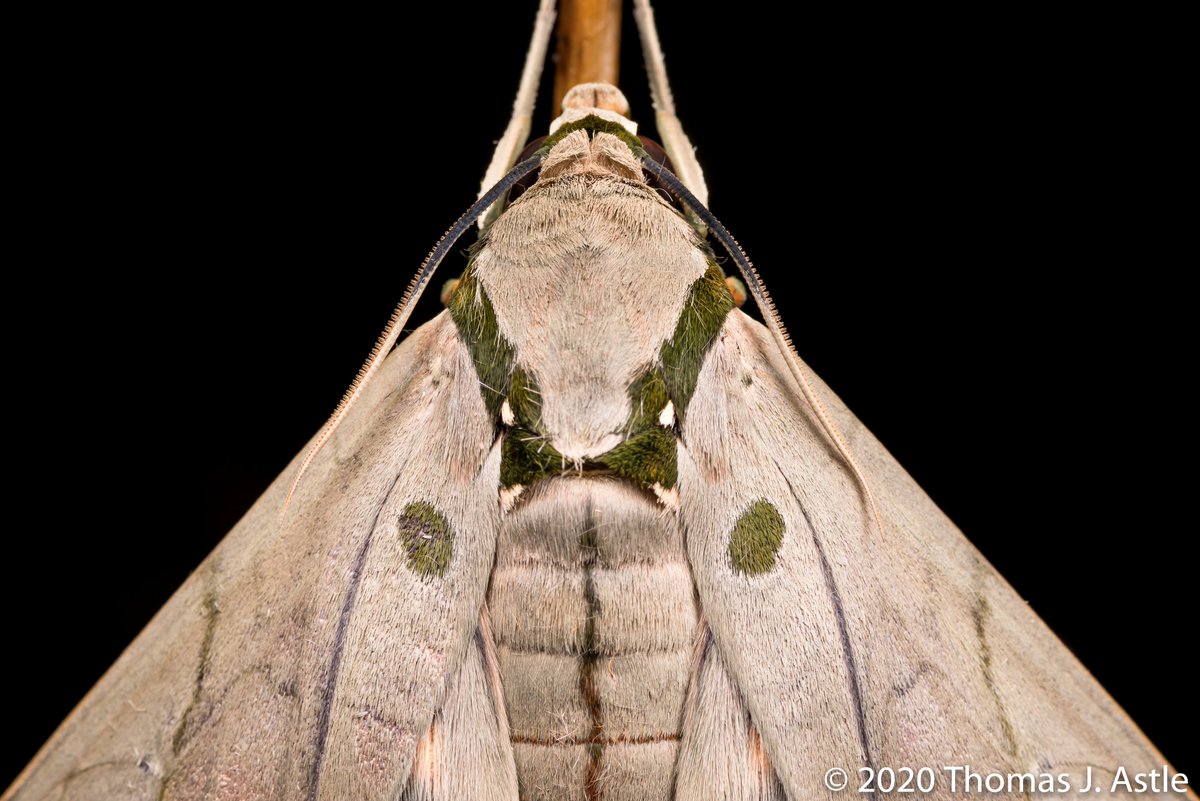Thoughts on small things for Earth Day - a thread:
My high school biology teacher told us this anecdote: Imagine driving down a country road. Your passengers are a non-scientist and a scientist. You pass a field with a few sheep. You ask, "How many sheep are there?"
My high school biology teacher told us this anecdote: Imagine driving down a country road. Your passengers are a non-scientist and a scientist. You pass a field with a few sheep. You ask, "How many sheep are there?"
The non-scientist counts and says, "There are five sheep." The scientist also counts, then says, "I see five sheep."
The scientist reports only what they observe. They see five sheep, but--
The scientist reports only what they observe. They see five sheep, but--
--there might be others hiding in the tall grass or behind a tree... who knows? (It warrants further study. Possibly a grant proposal.) Point is, if they look around, maybe they can find a few more.
There are about a million described species of insects, more than all other--
There are about a million described species of insects, more than all other--
--kinds of animals put together. The key is "described" - meaning "type" specimens were collected and a scientific paper is published describing why it deserves species status - physical description, DNA fingerprint, etc. - and a binomial scientific name is proposed. But I& #39;ve--
--read estimates that there may be up to 10 million MORE insect species that remain undescribed. The truth is, whereas we mostly know the birds and mammals out there, we& #39;re not even close with insects. It& #39;s why I& #39;m careful when someone asks me, "What& #39;s this bug?"
Dammit Jim, I& #39;m a writer, not an entomologist - so while I try to answer as best I can, I usually use a qualifier, like "maybe" or "looks like." I try to do this with my own pics too, unless it& #39;s something I& #39;m sure of (like a Monarch bfly) or it& #39;s a bug I& #39;ve had IDd by an expert.
Hence "about" a million species. The number fluctuates all the time, because new species are discovered out in the world, previously-described species are found to be actually more than one species, multiple species are found to be actually be fewer or even one species, and--
--not infrequently, new species are discovered in museums, where they& #39;ve lain mis-filed or mis-labled or simply forgotten for years or decades.
BTW, I& #39;m using "discovered" in a scientific sense. Many "new" species have actually been--
BTW, I& #39;m using "discovered" in a scientific sense. Many "new" species have actually been--
--seen before, esp. by people who live near them. The bug may even be relatively common. It& #39;s just that for a variety of factors - a cryptic/remote habitat, lack of specialists in its particular group, lack of funding, or just plain lack of time - no one has gotten around to--
--formally describing it yet. Plus, it can be a lot of work. People have been collecting insects for a long time, and the rules of taxonomy (the science of classifying living things) say that whoever gets there first has naming dibs. So you might "discover" a new bug, go to all--
--the work of describing it, only to find out later that some dude in the 1870s already found it and named it, but you didn& #39;t know that because his type specimen was accidentally put in the wrong drawer back in 1943 when they moved everything to paint the room, so...
...sucks to be you.
It all sounds frustrating - doesn& #39;t it? - even paralyzing. We& #39;re losing species even before we find them, and how can we preserve what we don& #39;t know exists? We& #39;ll never catch up. It& #39;s impossible. It& #39;s too late.
But--
It all sounds frustrating - doesn& #39;t it? - even paralyzing. We& #39;re losing species even before we find them, and how can we preserve what we don& #39;t know exists? We& #39;ll never catch up. It& #39;s impossible. It& #39;s too late.
But--
--it& #39;s not. We are losing species, yes, but we can save many others, including many we don& #39;t yet know are there. We need to support big things, like preserving & restoring habitats, but also do small things, like eliminating insecticides & planting native plants in our gardens.
I think insects, in their innumerable unknowns, are inspirational. It is absolutely a fact that any of us could discover a new species. Imagine: In your own yard there may be a small creature that has thrived for maybe millions of years...
...a little girl with a jar or someone weeding their flowerbed or an old guy with a camera happens to notice it, and they ask someone what it is, and that person asks an expert, and the expert says... Hm, not sure. It might be a new species.
How many insects are there?
How many insects are there?

 Read on Twitter
Read on Twitter